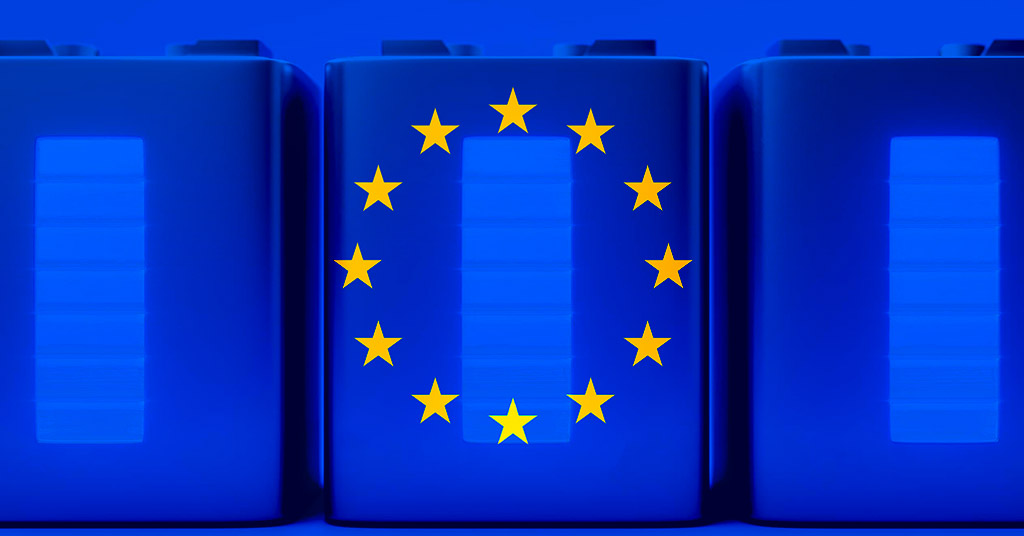Welcome To ChemAnalyst

The European Economic Community (EEC) or now called European Union, the second largest Electric Vehicle (EV) market on the globe, has adopted new rules for the design, manufacture, and recycling of all varieties of batteries sold in the European Union. Domestic battery manufacturers will be contingent to follow strict environmental and earnestness if they want to continue sales in Europe.
The new directives aim to promote a circular economy by regulating all kinds of batteries throughout their life cycle, including those used in EVs.
A significant source of volume for recycling emerges in markets where EV battery manufacturing is kicking into high gear, as cell manufacturing scrap can reach 30% when a new battery factory opens.
Battery passports will also be made available in the form of Quick Response (QR) codes, and information about the battery's production, recycling, and disposal will be included in battery passports. Manufacturers of EV batteries that have a storage capacity greater than 2 kilowatt-hours (kWh) will be required to verify the supply chain.
The act also emphasizes battery manufacturers to recover 50% of the Lithium of waste batteries and 90% each of the cobalt, copper, lead, and nickel beginning in 2027.
Achille Variati, a member of the European Union Parliament, stated that they now have a circular economy regulation that covers the entire life cycle of a product, which is important for the economy and the environment.
He said their overarching goal is to build a stronger recycling industry in the European Union, particularly for Lithium, and a competitive industrial sector, which will be crucial to their continent's energy transition as strategic autonomy in the coming decades. These metrics have the potential to establish a standard for the entire global battery market.
With this, the market of chemicals used in the manufacturing of EV batteries, such as Lithium-ion, Lithium Carbonate, Lithium Hydroxide, and Lithium Hexafluorophosphate, is anticipated to showcase robust growth in the upcoming years. However, the demand outlook remains gloomy in the next decade, whether the procurement of fresh supplies would progressively increase or full-scale recycled precursors would be used for EV batteries.
As per the ChemAnalyst database, the battery-recycling industry is presumed to alleviate the foreseen goals of a greener economy and sustainability. The reliance on newer supplies from overseas markets and the costs involved in the refining processes will eventually drop as the usage of recycled chemicals in EV batteries would gradually rise.
We use cookies to deliver the best possible experience on our website. To learn more, visit our Privacy Policy. By continuing to use this site or by closing this box, you consent to our use of cookies. More info.
